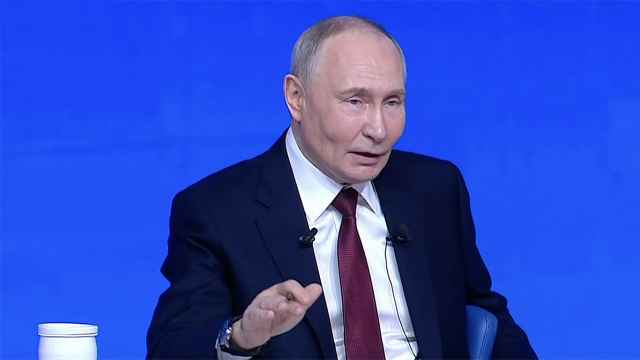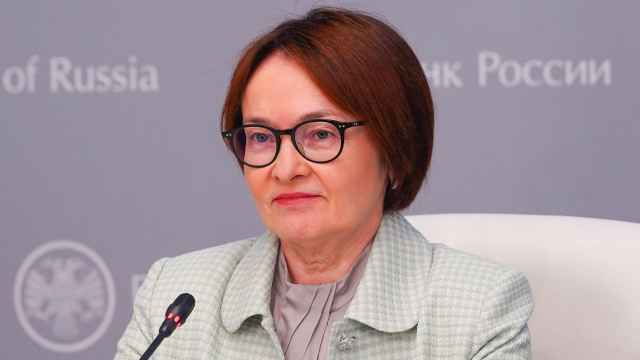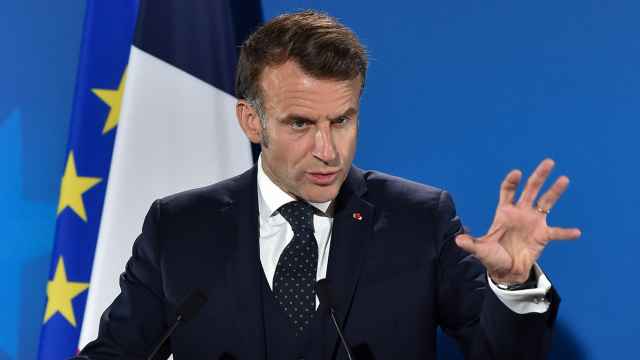Alexei Mordashov, driving a $2 billion-a-year expansion program at steelmaker Severstal, is investing in new U.S. output just as largest rival ArcelorMittal shutters plants to weather a slump in demand.
Severstal, Russia's second-biggest steelmaker, will double capacity at its Columbus plant in Mississippi when it starts a $505 million mill this month, according to a company presentation. It also plans to bring $756 million of new output online at its Dearborn, Michigan, plant by the end of 2011, and complete a $600 million mini-mill in Balakovo, Russia, in 2013.
"We don't see any indication of the problem in the steel market," Severstal chief executive Mordashov said in an interview in London. "Our order book is full, we even managed to increase prices slightly recently, we have a good view for October."
As Severstal adds production, ArcelorMittal, the world's biggest steelmaker, is cutting back to counter surplus capacity in Europe. The company idled plants in Luxembourg, France and Germany last month as orders from the European construction industry dropped amid economic stagnation.
While ArcelorMittal and Severstal both sell steel in Europe and the United States, Severstal benefits from lower expenses at its Russian mills, where the average cost of steel-slab output is about $400 a ton, compared with as much as $600 a ton in Europe, said Dmitry Smolin, an analyst at UralSib Capital.
"Severstal has a different strategy from ArcelorMittal" and benefits from operating in Russia, the most profitable emerging market, Smolin said. "ArcelorMittal has large exposure in Europe."
Both steelmakers plan to boost investment in mining as they seek to avert rising raw-material costs. Severstal, which has snapped up iron-ore mines in Brazil and Liberia, seeks to almost triple ore output by 2020. Coking-coal volumes will more than double over the period, helping boost steel production by a third to 19.6 million tons, the company said last week.
Steel companies in Europe and North America have struggled to pass on higher raw-material costs to customers as slower economic growth erodes demand. In the United States, Severstal sold three unprofitable steel mills in March after separating its Italian Lucchini unit last year.
Severstal has followed competitors in tapping emerging markets, where demand growth has outpaced expansion elsewhere. The company agreed in December to form a joint steel venture with NMDC in India. It also plans to spend as much as $3.5 billion at the Putu Range in Liberia and as much as $2 billion at the Amapa iron-ore project in Brazil, it said last week.
"Mining is an essential part of our company, a very strong generator of revenues and earnings," Mordashov said Sept. 29. "Our strategy is about upstream integration into raw materials and presence on the markets with good opportunities to grow, first of all emerging markets."
Severstal and Hyderabad-based NMDC have agreed to invest 150 billion rupees ($3.1 billion) to build a steel plant in the southern Indian state of Karnataka, NMDC chairman Rana Som said Sept. 28. ArcelorMittal and Posco have already unveiled plans for steel projects in the state.
In May, Severstal agreed to buy 25 percent of SPG Mineracao, which owns iron-ore exploration licenses in northern Brazil, and has an option to buy a further 50 percent. The company, which also mines gold in Guinea and Burkina Faso, has scaled back in developed markets such as the United States, where it sold plants to Renco Group in March, retaining the Dearborn and Columbus sites.
"It's good to be in mature markets as long as you can have a sound business model, like we have in the U.S. now after the reshuffle of our portfolio," Mordashov said. "Because of very clear fundamentals, we believe we should follow the trend of the market and be more focused on Asia."
Severstal may not be as resilient to market volatility as Mordashov's comments suggest, UralSib's Smolin said, citing decisions to backtrack on bullish investments in the past.
"I have a strong 'deja vu' with September 2008 when Severstal last presented its strategy," Smolin said. "The company was then convincing investors of great prospects in the developed markets in Europe and the United States. Afterward, Severstal had to reshuffle its asset portfolio and is now presenting plans which may again be based on more bullish market fundamentals than the ones shared by its global rivals."
By 2016, Severstal aims to be among the world's top five steelmakers by earnings before interest, tax, depreciation and amortization. "Of course, we can't predict the future," Mordashov said. "Investment activities could be significantly undermined in case of a negative development in the economic situation. But we don't see it yet."
A Message from The Moscow Times:
Dear readers,
We are facing unprecedented challenges. Russia's Prosecutor General's Office has designated The Moscow Times as an "undesirable" organization, criminalizing our work and putting our staff at risk of prosecution. This follows our earlier unjust labeling as a "foreign agent."
These actions are direct attempts to silence independent journalism in Russia. The authorities claim our work "discredits the decisions of the Russian leadership." We see things differently: we strive to provide accurate, unbiased reporting on Russia.
We, the journalists of The Moscow Times, refuse to be silenced. But to continue our work, we need your help.
Your support, no matter how small, makes a world of difference. If you can, please support us monthly starting from just $2. It's quick to set up, and every contribution makes a significant impact.
By supporting The Moscow Times, you're defending open, independent journalism in the face of repression. Thank you for standing with us.
Remind me later.





